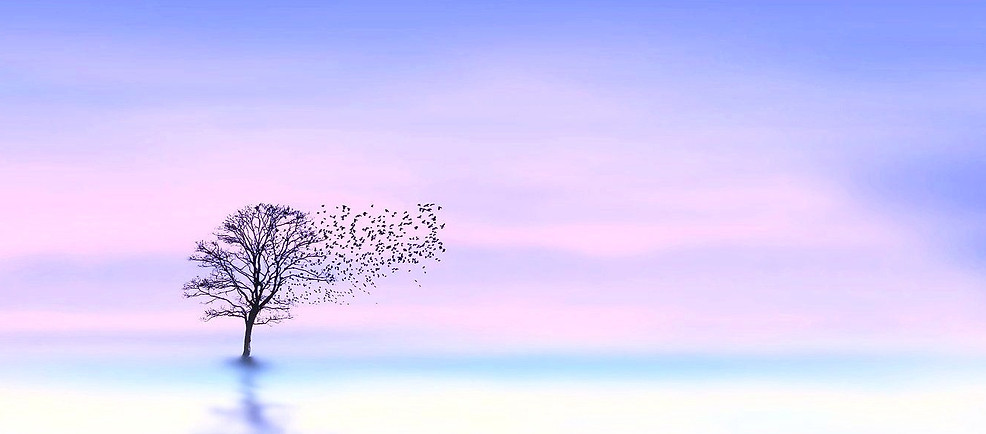How the roles we take on as children impact our adult relationships
- wendycapewell

- Jul 13, 2023
- 2 min read

The child in the image looks so innocent, with a sense of innocence.
Sadly that isn't always the reality for many children. Too often we have to take on roles (unconsciously) in order to survive.
I think family dynamics are always interesting, especially the roles each person plays within the family.
Those roles are often adopted as a way of fitting in, and usually out of our awareness,
Here are some examples –
The Good Boy/Girl
Always behaves and doesn’t step out of line. They are often praised to other family members and friends. Parents brag about how good their child is, especially about their academic achievements.
The Joker
The child playing this role can be praised for being funny or the opposite, chastised. ‘ Little Jo is so funny, he keeps us all amused’. Or ‘Joe is always acting the fool, he makes a real show of himself.’
The Quiet One
This child keeps quiet and doesn’t say much. Sometimes it’s because they feel if they offer an opinion they will be shut down, or they feel that no one will listen to them anyway.
The Peacemaker
This child takes on the role of Peacemaker when their parents are constantly at war with each other and they share their concerns with their son or daughter. Offloading, and hoping their child will take their side.
The Reverse Parent
This happens when one or other of the parents is not well enough to be the ‘Parent’ and the child then takes on the role of parent to their parent. They may miss out on their childhood, and take on responsibilities that are beyond those they should
It’s not Attention-Seeking
There are many more roles that are assumed as children, the one commonality is that the child is seeking attachment to their parent(s). However, it’s often seen as ‘Attention Seeking’. This is true, but the child is often expressing that need for attention because their emotional needs aren’t being met. The child feels they can’t be themselves – authentic, for fear of rejection.
These roles, or patterns of behaviour, adopted in childhood are often unconsciously carried into adulthood, and relationships, and can sometimes cause issues, because the now adult isn’t able to be authentic. Instead, they continue playing the role that is familiar to them.
PODCAST NEWS
The Love~Listn~Talk~ Repeat Podca
Janessa Fonley - Ford is my guest this week,
From growing up on the family farm where the school was a one-room country school to her first job, working in the Probation Service, and then to Homeland Security in the USA. Which led her now to being an Empowerment Coach.
#150 Relationships don't have to be about sacrificing- Janessa Finley-Ford
PODCAST INTERVIEW WITH PIERS CROSS
The Impact of Childhood Trauma On Your Relationship & Your Communication - Wendy Capewell AEM #68
I was invited to be a guest on Pier’s podcast. He works mainly with men who have experience at Boarding School. I have a special interest in childhood trauma and the ongoing effects it can have, not only on the person who experienced the trauama(s) but also their relationships.
You can watch this episode on Youtube, the link is below -
If you have been affected by childhood trauma, please feel free to contact me - or Piers Cross.
.png)




Comments